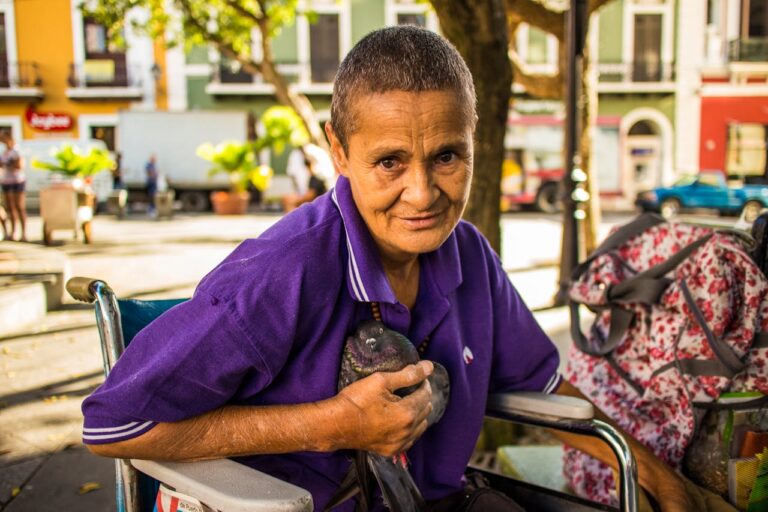
In the realm of EMS, our encounters often bring us into contact with a diverse array of individuals, each with their own unique needs and challenges. Among these encounters are those with disabled adults, where our role extends far beyond administering medical aid; we become champions of empowerment, advocates for dignity, and allies in their journey towards well-being.
At the heart of our approach lies empathy—a profound understanding that disability knows no bounds and can touch any individual, regardless of age, background, or circumstance. As EMTs, we embrace this understanding and approach each encounter with disabled adults with compassion, respect, and a commitment to preserving their dignity.
Communication stands as a cornerstone of our interaction. We strive to create an environment of trust and understanding, where individuals with disabilities feel heard, valued, and empowered to express their needs and preferences. Through attentive listening and clear, respectful communication, we ensure that every individual receives the personalized care and support they deserve.
Education emerges as a powerful tool in our arsenal. We continuously seek to expand our knowledge and understanding of disabilities, their manifestations, and the unique challenges they present in emergency situations. Armed with this knowledge, we are better equipped to provide tailored care, anticipate needs, and collaborate effectively with individuals, caregivers, and other healthcare professionals.
Beyond the immediate response, our impact reverberates into the realm of advocacy and empowerment. We strive to amplify the voices of disabled adults, advocating for their rights, inclusion, and access to essential services. Whether through community outreach, collaboration with disability advocacy groups, or participation in policy discussions, we work tirelessly to break down barriers and foster a society where every individual, regardless of ability, can thrive.
In conclusion, working with disabled adults as an EMT is not just a job—it’s a calling to serve as agents of empowerment, champions of dignity, and advocates for inclusion. Through empathy, communication, education, and advocacy, we have the power to make a profound difference in the lives of disabled adults, empowering them to live life to the fullest and ensuring that their voices are heard and respected.